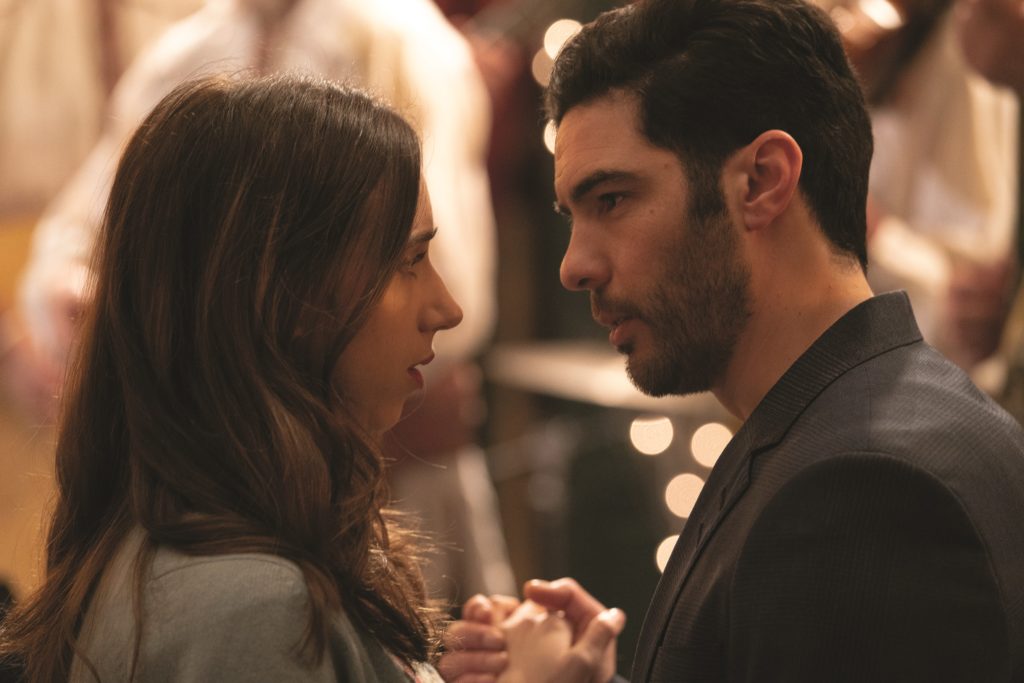Lone Scherfig is an award-winning writer and director. Her first feature, “The Birthday Trip,” screened at the 1991 Berlinale and won several awards at festivals worldwide. Her more recent credits include “An Education,” “The Riot Club,” and “Their Finest.”
“The Kindness of Strangers” will premiere at the 2019 Berlin International Film Festival on February 7.
W&H: Describe the film for us in your own words.
LS: A group of New Yorkers, each painted into a corner, by coincidence and by the help of strangers become each other’s closest allies. The films salutes Americans who go out of their way for others.
W&H: What drew you to this story?
LS: I’ve been writing about these characters for a while and little by little found a way to connect them. They are all quite fragile, shy, and in trouble. I wanted to have them meet onscreen and see them through towards a happy ending.
W&H: What do you want people to think about when they are leaving the theater?
LS: I hope the film’s many elements of lightness, sadness, humor, and melancholy collectively work as a funnel for one single emotion that the film itself formulates: something warm.
W&H: What was the biggest challenge in making the film?
LS: The many unexpected obstacles. My experience from the Dogme 95 movement, “Italian for Beginners,” proved very helpful. I am trained in turning obstacles into inspirations and plan Bs into plans As.
W&H: How did you get your film funded? Share some insights into how you got the film made.
LS: It’s a co-production between seven countries — six European, plus Canada. I am often amazed to see the number of financiers even on films from the world’s best directors such as Michael Haneke.
It’s just incredibly hard to have original screenplays funded on a decent budget and if it hadn’t been for producer Malene Blenkov I would have thrown in the towel.
W&H: What inspired you to become a filmmaker?
LS: My mother spent part of the 1940s in a building that had a cinema on the ground floor. She escaped home by sneaking in to watch Hollywood movies over and over again. We weren’t allowed to watch much television as kids, a maximum of one hour a week, but those films must have been an exception. I fell in love with them too.
In my later teens, I began watching the Italian and French auteurs who I still feel the most closely related to as a filmmaker.
W&H: What’s the best and worst advice you’ve received?
LS: Best advice: When I was doing my first feature, the head of the Danish Film Institute advised me to “either get to know about every single thing in every single detail or simply trust other people.” I decided to go for the latter.
The worst advice: I received this advice, and I particularly dislike it when it’s the overall message of a film or a statement in speeches or interviews with people who are world champions of something: “If you just dream hard enough, and do anything to pursue your dreams, they will come true.”
W&H: What advice do you have for other female directors?
LS: Choose your battles. Learn the film language at a highly sophisticated level. Don’t let the bastards get you down.
W&H: Name your favorite woman-directed film and why.
LS: I think it’s still “Marianne & Juliane” by Margarethe von Trotta. Its way of balancing the political and the intimate is unsurpassed.
W&H: It’s been a little over a year since the reckoning in Hollywood and the global film industry began. What differences have you noticed since the #MeToo and #TimesUp movements launched?
LS: The moral standards have changed at an incredible speed. I notice it everywhere and in myself. I look forward to seeing its affect on places and among people who are far, far from Hollywood. It has already begun.







